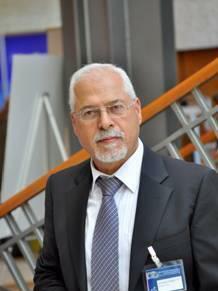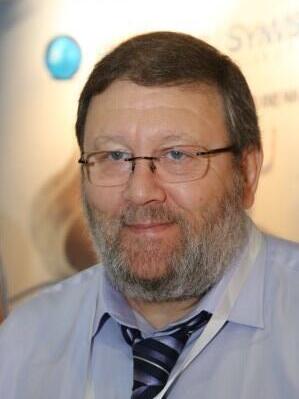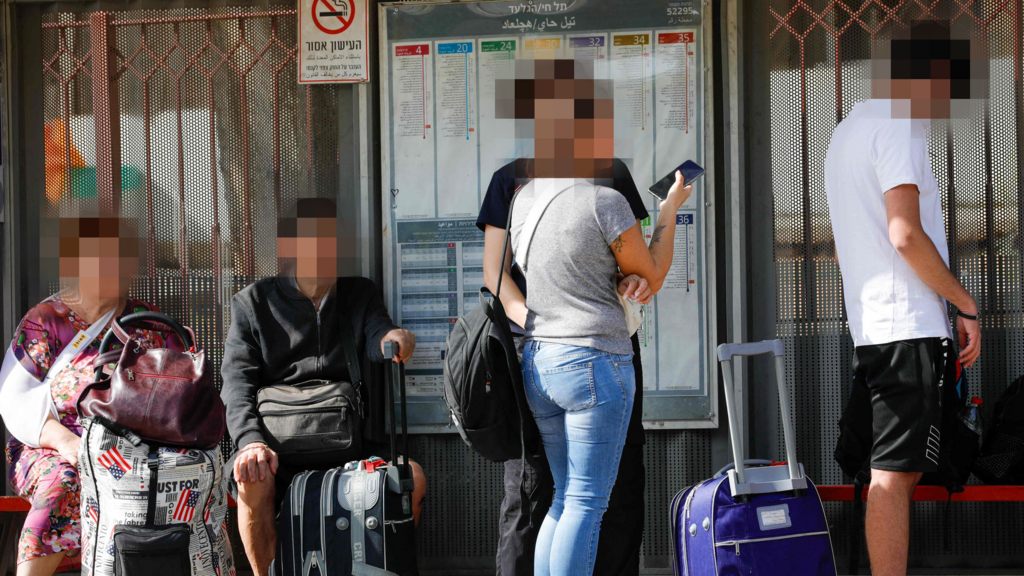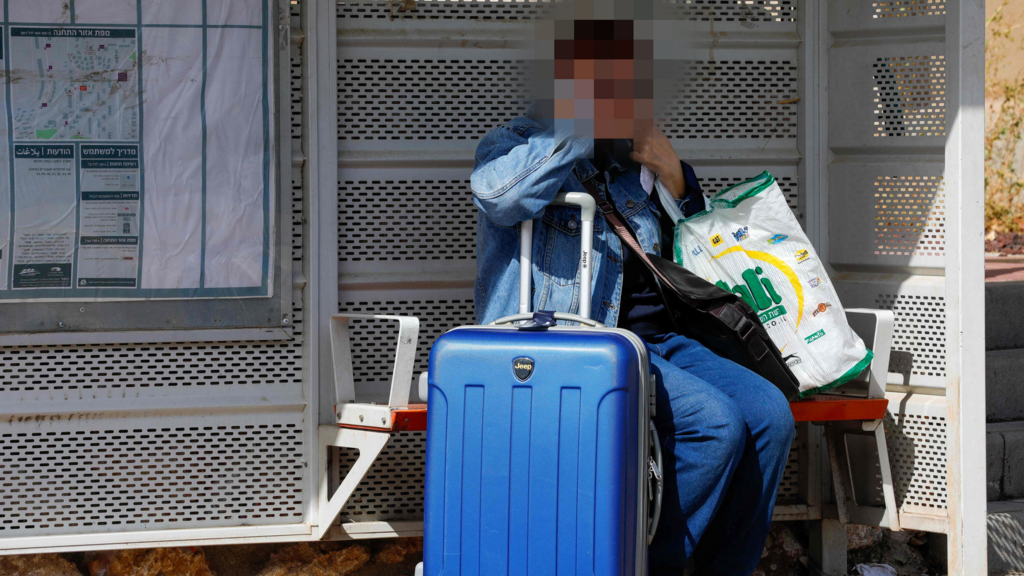Getting your Trinity Audio player ready...
While the return of over 60,000 Galilee residents evacuated due to the war remains uncertain, northern doctors highlight the severe impact on patients caused by their displacement.
Treatment continuity is disrupted, distances to attending physicians have increased and waits for alternative treatments are long. Although the Health Ministry set up specialized clinics for these patients, the solution has been only partially effective.
"There was a woman in her 40s who didn't leave her hotel room for a month and a half," recounts Prof. Bishara Bisharat, joint chairman of the Galilee Civic Forum for Health Promotion and former director of the English Hospital in Nazareth. "She fell into deep depression, stopped taking her psychiatric medications and didn't attend psychiatric follow-up sessions. It was a case I remember vividly, with a profound sense of depression and even thoughts of suicide."
"Her father, who was also at the hotel, spoke to me, and we reached out to her. After several attempts, she agreed to return and resume treatment. We went through a process until she agreed to leave the hotel room. She felt she was alone in life and had no support. Her condition improved, and she resumed taking medication, trying to work remotely in her profession."
Dr. Ron Golan, joint chairman of the Galilee Civic Forum for Health Promotion and a cardiologist at Ziv Medical Center specializing in heart rehabilitation, says that since the evacuation, many patients no longer appear for treatment.
"I see that people who come after a while are simply not in the same condition, especially heart patients," he says. "We manage to hold them well in rehabilitation, but we see their deterioration. The loss of muscle mass and balance, these are the patients I see on a daily basis. Rehabilitation is an opportunity to meet people twice a week and influence their lives. When they don't come, you realize something is going on with them.
"There are patients whose physical ability to engage in physical ability has decreased by at least 30%. When someone maintains their routine, they are hospitalized less. Research shows that survival is much longer if patients do not change their routine."
 Prof. Bishara Bisharat
Prof. Bishara Bisharat"For example, a dementia patient clings to the familiar reality they know, and when taken out of it, they deteriorate. In chronic illness, we see shame. The challenge is to keep these patients and prevent these damages. The first thing is to collect the data and identify them in time. Treatment continuity, which is key, is affected. People lost their livelihoods and lost their joie de vivre. There's a gut feeling that something we don't understand is happening here, and the impact is dramatic.
"Currently, it's estimated that 40% of residents will not return to their homes. The evacuees receive a good response in their new place of residence in terms of its scope, and health funds have organized specialized clinics, but these are not their clinics, and there is no trust relationship with the doctors they know who understand every nuance.
 Dr. Ron Golan
Dr. Ron Golan"Treatment continuity is sometimes compromised because it is simply not available. Patients want to continue their treatments at Ziv, but the distance prevents them from traveling. It's not that there's no availability, but the difficulties that have arisen have led to the postponement of treatments for various reasons. Someone needs to integrate this and be able to bridge these gaps in time – and that is not happening adequately.
"The healthcare system is in one of its biggest crises. There are not enough appointments, and there is a shortage of medications. Arab evacuees have the same problems as the rest of the population - facing anxiety, fear and depression. They go to clinics less and try to solve more problems over the phone, which makes it difficult for the doctor to provide care and treatment. Uncertainty, insecurity and the crisis itself – affect the body and weaken it. The immune system is declining. We need to be there for them as much as possible and embrace them."





